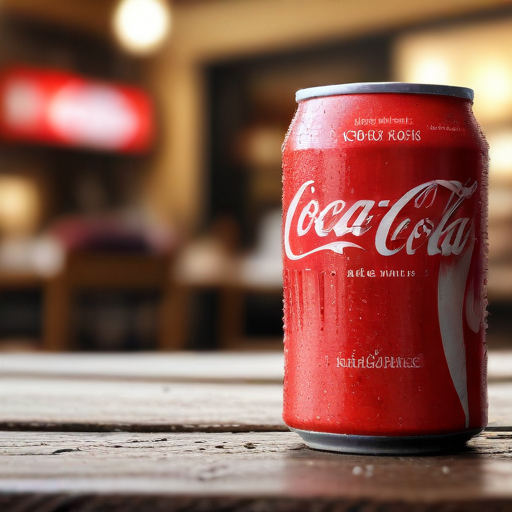Consumers in the U.S. are becoming increasingly selective about their beverage choices, influenced by the availability of weight loss drugs and a rising interest in non-alcoholic options, which has led to a noticeable reduction in soda purchases.
Despite this trend, Coca-Cola reported strong second-quarter earnings, driven largely by robust global demand for its carbonated beverages. The company’s CEO, James Quincey, expressed optimism about the results, highlighting solid growth in both revenue and operating income amidst a shifting market landscape. Consequently, Coca-Cola has raised its full-year revenue outlook.
However, in North America, the company experienced a slight decline in volume sales—specifically, a decrease of 1%—due to decreased performance in “away-from-home” channels, which encompasses products sold outside retail establishments. Quincey noted that while soda volume faced challenges, offerings like Fairlife milk and Coca-Cola itself achieved impressive retail sales growth.
To address the decline, Coca-Cola is collaborating with fast-food chains to integrate its drinks into meal combinations, with a focus on enhancing deals such as the $5 meal offer at McDonald’s.
Overall, Coca-Cola outpaced Wall Street’s predictions during the second quarter, reporting revenues of $12.4 billion and earnings of approximately $0.84 per share, surpassing forecasts that anticipated $11.76 billion in revenue. The company has adjusted its growth forecast upward, now projecting organic revenue growth of 9% to 10%, compared to its previous estimate of 8% to 9%.
In contrast, Pepsi has also faced challenges in attracting U.S. consumers, as they increasingly gravitate towards health-conscious products. Recent issues, including product recalls, contributed to Pepsi’s subdued performance in the same quarter.
Despite some struggles, Coca-Cola’s ability to adapt to changing consumer preferences and enhance customer engagement through strategic partnerships offers a positive outlook for future growth in the beverage industry. The focus on healthier options and innovative marketing strategies may ultimately benefit both Coca-Cola and the sector as a whole, suggesting a continued evolution towards better-fit products for modern lifestyles.
